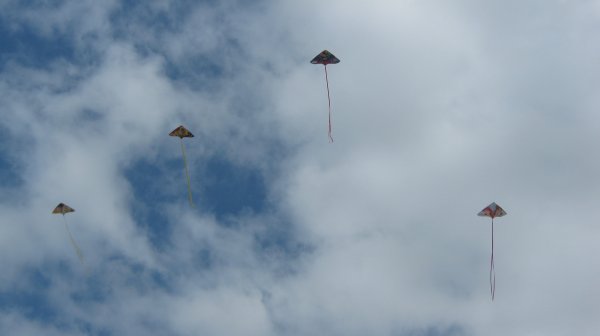I've been blogging since 2006. I started a couple of blogs that related to different aspects of my work - one as an educator, another as someone interested in technology stewardship, particularly in communities of practice.
Both of those blogs are more labors of love and are not directly job-related, but were created mostly as a space for me to think out loud. One blog has lain fallow for awhile. The other, I do post, but part of my "personal learning plan" for this year is to do so more regularly and to dig a little deeper into things that I'd like to explore. I totally related to Sylvia's comment, by the way, of having a pile of drafts in wordpress!
I co-blog at another work-related blog. And we use blogs to support specific projects, like our "social media boot camps."
It is also worth mentioning that I read - or perhaps more accurately - scan a number of blogs regularly.
I also use twitter, both as a listening post for my own professional/personal learning and to share resources that might be of interest to others.
Things I have been thinking about lately and would like to explore more:
- blogs as a means of connecting and interacting in "loosely coupled" communities of practice
- blogging as an educational / learning activity - either as part of the curriculum or as a way of setting up a network/community of learners in formal and informal learning situations
- blogs as a way of engaging different layers of an educational community - learners, faculty, administrators, parents, outside community members, people who might be looking to connect to the school in some way, etc.
- Based on the above, I'm wondering, what are implications for design, facilitation, opportunities for engagement?
Caren

